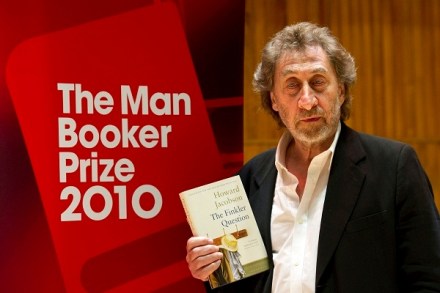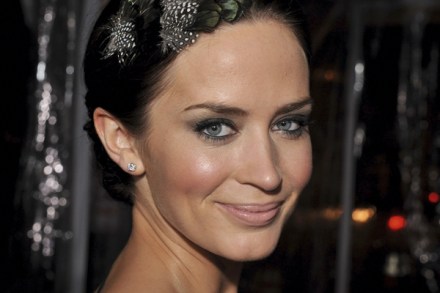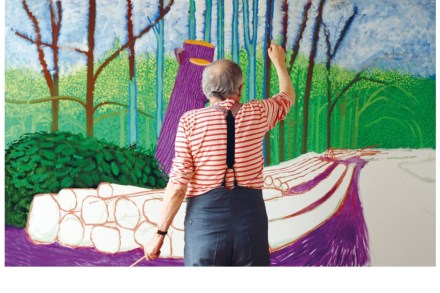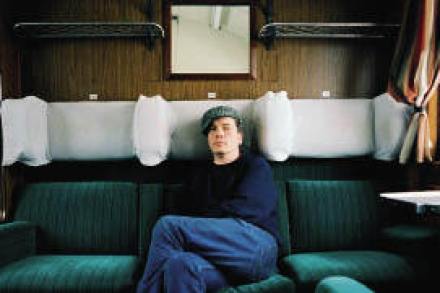Howard Jacobson interview
While Howard Jacobson’s prose works are renowned for their wit, energy, and self-deprecating, priapic jokes, his latest book, Zoo Time, is perhaps his most light-hearted to date. The protagonist is a struggling novelist, Guy Ableman: a red-blooded male with a penchant for the filth-merchants of English literature. Ableman has two predicaments: the first is his inability to sell any books. The second is his wish to sleep with Poppy, his alluring and sophisticated mother-in-law. Although the book is meant to be read with the smarmy, tongue and cheek tone that Jacobson has become famous for, the novel also passes judgment on a more serious matter: the crisis that has befallen












